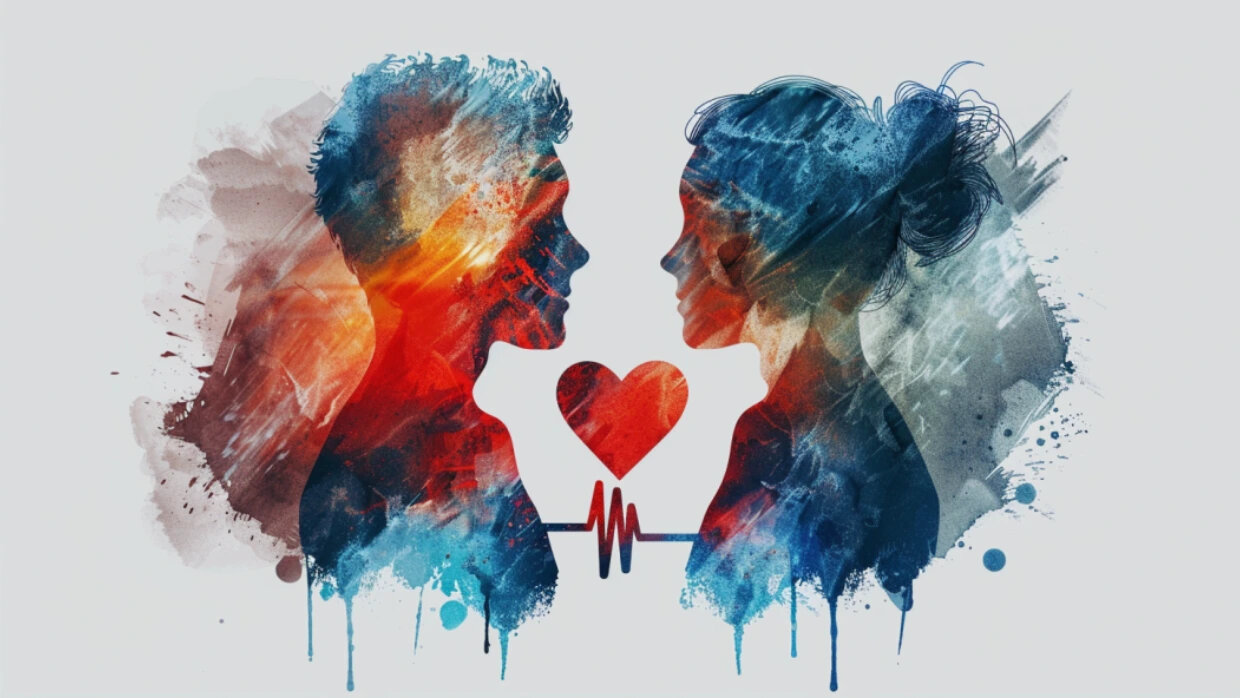 Report Israel: Photos In the Wake of October 7
Report Israel: Photos In the Wake of October 7


5 min read
You’re not a diagnosis, you’re a great catch.
Dating is already a rollercoaster ride, even when you’re in perfect health. Throw in a chronic illness, and suddenly, you’ve got a whole theme park of challenges to navigate.
For those dealing with chronic conditions like diabetes, Crohn’s, rheumatoid arthritis, lupus, fibromyalgia, asthma, vision or hearing impairment, POTS, MS, CF, or any of the other fun acronyms the medical world has bestowed upon you, the path to finding that special someone can feel like trying to find a diamond in a haystack—blindfolded. Challenging, but not impossible.
Living with a chronic illness means managing symptoms, medications, and maybe even a few doctor’s appointments in between dates. But having a chronic health condition doesn’t make you any less eligible for a loving, fulfilling relationship. It just means you have an extra layer of awesomeness.
Imagine getting ready for a date only to be sidelined by a flare-up, low blood sugar, or an unexpected bout of fatigue. Chronic illnesses can sometimes play the role of the unwanted third wheel. It can be disheartening, and you might wonder if you’ll ever find someone who understands and accepts you—flare-ups and all. But let’s flip the script. These challenges can also highlight your strength, patience, and ability to handle life’s curveballs. And trust me, the right person will see these qualities as the treasures they are.
How does chronic illness impact dating, you ask? Here are a few ways:
But these challenges don’t define you. They’re just part of your story. Your illness may be a part of you, but it’s not all of you. You are a superhero: managing a chronic illness and dating? That’s beyond awesome. You rock!
Reframe your thinking:
I have type 1 diabetes, and for the longest time, I tried to hide it like my secret stash of emergency chocolate. I’d discreetly check my blood sugar, hoping no one would notice the little device on my upper arm. But then, one day, someone asked me about the small apparatus protruding from my sleeve. (Spoiler alert: It wasn’t a government tracking device.) It’s my CGM (Continuous Glucose Monitor). Instead of deflecting, I decided to explain. And you know what? It felt liberating. It was like finally letting out a breath I didn’t realize I was holding.
So, here’s my advice:
Don’t hide it. Your chronic illness is part of you, like your eye color or freckles. Speak about it openly, educate others, and who knows? You might just inspire someone else to do the same. The right person will appreciate all of you – inhaler, CGM, cochlear implant, medication schedule, dietary restrictions, and all. They’ll see these things not as obstacles but as testaments to your strength and resilience.
The Jewish community has the power to make this journey a little easier. Here’s how we can step up and support these courageous daters:
But first, here's a revolutionary idea: treat daters with chronic illnesses like—wait for it—regular people. I know, mind-blowing, right? Look beyond the diagnosis. See the person, not the diagnosis.
In the grand dating game, you're not just a contestant—you're the dazzling grand prize! So, embrace your chronic fabulousness with a wink and a smile, and confidently get out there. Your bashert is waiting for the spark that only you can ignite.

I tried that many times, yet this unfortunately failed. I am deaf, and I tried to explain many advantages for my disability. Yet, pretty much hearing ladies rejected me due to my deafness. The above doesnt apply to deaf people in hearing people's eyes.
Great!